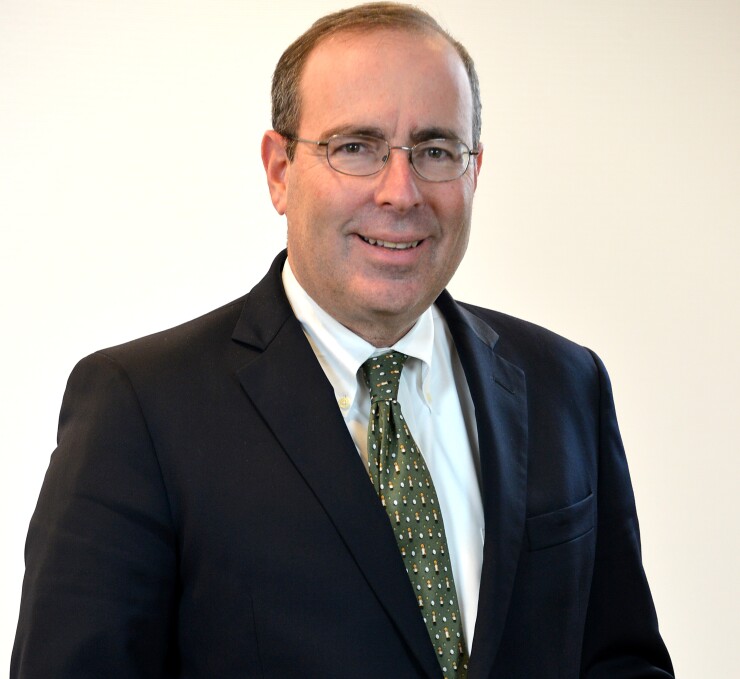Federal Reserve Bank of Richmond President Thomas Barkin said he remains undecided on how Fed officials should adjust interest rates at the central bank's next meeting, citing uncertainty in both inflation and consumer demand as well as additional fallout from the banking crisis.
"I could imagine many different outcomes based on whether you can convince yourself that inflation is starting to settle, or you convince yourself it's not — and you convince yourself that this was a blip that is sort of largely behind us, or you're convinced that this is a continuing situation," he said at a roundtable with reporters at the University of Richmond. "It's pretty hard to know here on March 30."
Barkin, who is not a voting member on the Fed's policy-setting committee this year, said it will be important for officials to remain nimble.

The Richmond Fed president told the Virginia Council of CEOs that he is poised to continue fighting inflation, and supported Fed officials' decision to raise interest rates by a quarter percentage point at their meeting in March, to 4.75% to 5%. While he considered a range of options prior to that meeting, he told reporters, the collapse of Credit Suisse Group AG took a 50 basis-point hike off the table.
Barkin said he sees the possible range of outcomes going forward "as pretty wide," and said the Fed could keep pushing rates higher if inflation remains elevated.
"If inflation persists, we can react by raising rates further," he said in prepared remarks. "It was only a few weeks ago that some were calling for a 50 basis-point increase."
"If I am wrong about the pricing dynamics at play, or about credit conditions, then we can respond appropriately," he added.
Barkin said deposit flows appear relatively stable, after a handful of bank collapses triggered financial turmoil. Silicon Valley Bank collapsed March 10 after a massive deposit run, while Signature Bank closed two days later.
The Richmond Fed chief said it is "too early" to say if instability in the banking system is going to cause a credit contraction.
He also sees reasons why price increases may not decelerate quickly. Excess savings and housing wealth are helping to fuel consumption along with government spending, while workers are still pushing for wage increases as inflation eats away at their paychecks. Corporations, meanwhile, are still testing whether they can raise prices, Barkin said.
In particular, he said, he will keep an eye on inflation and consumer demand data set to come out over the next few weeks, including tomorrow's personal consumption expenditures report. Barkin added that he closely watches weekly credit card spending data from Bank of America to gauge consumer resilience.




